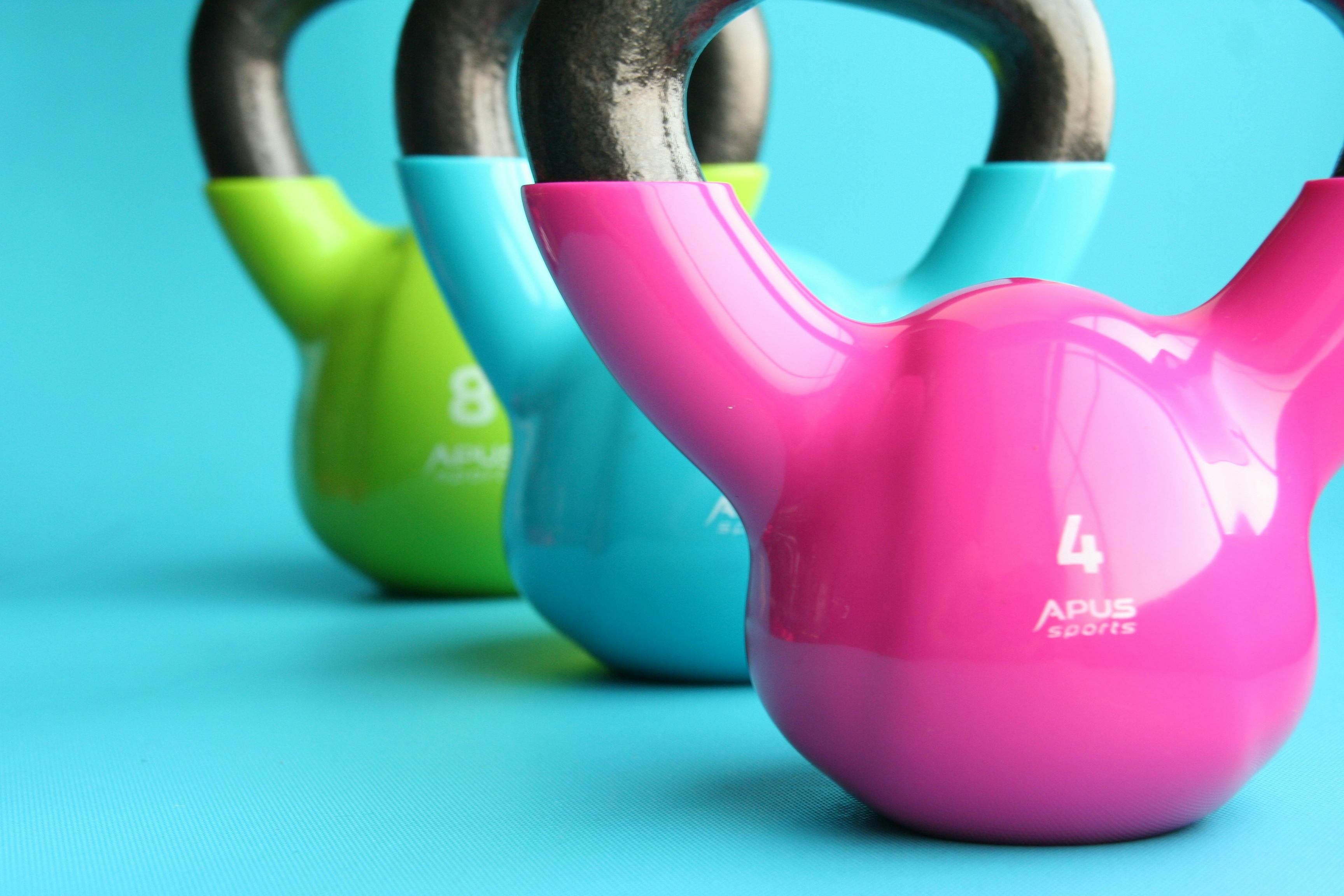Hyperglycemia (High Blood Sugar): Causes, Symptoms & Treatment
6
min read
Apr 16, 2025
Hyperglycemia, or high blood sugar, can occur in both diabetics and non-diabetics due to various factors such as stress, poor diet, or illness. Understand the causes, recognize symptoms, and manage treatments so you can effectively control blood sugar levels and prevent complications.
High blood sugar, or hyperglycemia, is a condition where the level of glucose (sugar) in the bloodstream is too high. This can occur in both diabetics and non-diabetics, and it's important to understand the causes, symptoms, and treatments of this condition. It may seem like a complicated issue, but with the right information, you can better manage or even prevent it.
In this article, we'll dive into what causes high blood sugar, what symptoms to look out for, and how to treat or manage it. We'll also address some common questions, such as, "Can stress cause high blood sugar?_"_ or "Can high blood sugar make you sleepy?_"_
What Causes High Blood Sugar?
Hyperglycemia occurs when the body has too much sugar in the blood. Several factors can contribute to this condition, and it can affect both people with diabetes and those without. Some common causes of high blood sugar in non-diabetics include:
Stress: Stress can trigger the body to release hormones like cortisol and adrenaline, which can increase blood sugar levels. This is a natural response to prepare the body for a "fight or flight" situation. However, chronic stress can lead to prolonged high blood sugar levels.
Poor Diet: Eating too many high-carb or sugary foods can cause blood sugar spikes. Foods like candy, pastries, and soft drinks can overwhelm the body’s ability to handle sugar efficiently.
Infections or Illness: When the body is fighting an infection or is ill, stress hormones can cause blood sugar to rise. This can happen even in individuals who are not diabetic.
Medications: Certain medications, such as steroids, can cause elevated blood sugar levels. It's essential to speak to a doctor if you notice changes in your blood sugar levels while taking medications.
Symptoms of High Blood Sugar in Non-Diabetics Recognizing the symptoms of high blood sugar early can help prevent more serious complications. Symptoms can vary depending on the individual and the severity of the hyperglycemia. In some cases, people may not notice symptoms right away.
For people without diabetes, high blood sugar often occurs for short periods, but it can still cause discomfort. Some of the most common symptoms include:
Frequent Urination: High blood sugar can lead to increased thirst, which in turn causes you to urinate more often.
Fatigue or Sleepiness: One of the most noticeable symptoms of high blood sugar is feeling unusually tired or sluggish. This happens because the body struggles to move glucose into cells, leaving you feeling drained.
Blurred Vision: High glucose levels can affect the eye's ability to focus, leading to blurry vision.
Dizziness or Lightheadedness: Hyperglycemia can make you feel dizzy, especially when you stand up too quickly. This is because high blood sugar can affect blood flow, making you feel off-balance.
Dry Mouth and Skin: A lack of hydration due to frequent urination can cause dry skin and mouth, leading to discomfort.
Does High Blood Sugar Make You Sleepy?
Yes, high blood sugar can make you feel sleepy or fatigued. When glucose is not properly utilized by the body’s cells, it leads to feelings of sluggishness. The body needs glucose for energy, and when it’s stuck in the bloodstream instead of entering the cells, it can cause fatigue. If you're experiencing unexplained tiredness, it could be a sign of high blood sugar.
Can High Blood Sugar Cause Headaches?
High blood sugar levels can indeed cause headaches. This is because the excess glucose in the blood can affect the brain's ability to function optimally. The brain relies on a steady supply of glucose, and when levels are too high, it can trigger a headache. Dehydration from excessive urination can also contribute to this discomfort.
Can High Blood Sugar Cause Dizziness or Lightheadedness?
Yes, high blood sugar can cause dizziness or lightheadedness. This can happen when there’s a fluctuation in blood sugar levels. If the body struggles to regulate its blood sugar, it can affect blood flow and make you feel dizzy. Additionally, dehydration, often caused by frequent urination due to high blood sugar, can make you feel lightheaded.
Treatment of High Blood Sugar
Treating high blood sugar involves addressing both the underlying causes and managing the symptoms. Whether you have diabetes or not, there are ways to bring your blood sugar levels back to normal.
Managing High Blood Sugar in Diabetics
For people with diabetes, managing high blood sugar typically involves a combination of lifestyle changes, medication, and careful monitoring of blood sugar levels. Here are a few key treatments:
Insulin Therapy: Individuals with type 1 diabetes must take insulin regularly, while people with type 2 diabetes may need it if other treatments are ineffective. Insulin helps move glucose from the bloodstream into cells.
Oral Medications: For people with type 2 diabetes, oral medications may help lower blood sugar levels by improving insulin sensitivity.
Monitoring Blood Sugar: Regularly checking blood sugar levels can help individuals with diabetes keep track of how well they are managing their condition. This may involve using a glucose meter or continuous glucose monitor (CGM).
Diet and Exercise: Eating a balanced diet and staying active are crucial in managing blood sugar levels. Exercise helps the body use glucose more effectively, and a healthy diet can prevent blood sugar spikes.
Managing High Blood Sugar in Non-Diabetics
If you're experiencing high blood sugar but don't have diabetes, the first step is identifying and addressing the underlying cause. Here are some approaches:
Stress Management: If stress is contributing to high blood sugar, practicing relaxation techniques like deep breathing, yoga, or meditation can help lower cortisol levels and stabilize blood sugar.
Healthy Eating: A balanced diet rich in whole grains, vegetables, lean proteins, and healthy fats can help maintain stable blood sugar levels. Avoiding sugary snacks and drinks is key to preventing spikes.
Stay Hydrated: Drinking plenty of water helps the kidneys remove excess sugar through urine and prevents dehydration, which can occur due to frequent urination from high blood sugar.
Physical Activity: Regular exercise can help lower blood sugar levels by improving insulin sensitivity and promoting better glucose metabolism. Aiming for at least 30 minutes of moderate exercise a day is a good start.
Hyperglycemia with Diabetes
For individuals with diabetes, high blood sugar is usually a result of the body’s inability to produce enough insulin or use it effectively. Insulin is a hormone that helps move glucose from the bloodstream into the body’s cells, where it can be used for energy. If there isn’t enough insulin or the body isn’t responding to it properly (as in the case of insulin resistance), glucose builds up in the blood.
People with type 1 diabetes do not produce insulin at all, while those with type 2 diabetes may produce insulin but the body’s cells do not respond to it effectively. This can lead to consistently high blood sugar levels.
Hyperglycemia without Diabetes
Even individuals who do not have diabetes can experience high blood sugar, but it’s usually temporary. This type of hyperglycemia can occur for various reasons that are not related to diabetes or the inability to produce insulin. The body may temporarily struggle with managing blood sugar, but the blood sugar levels usually return to normal once the underlying cause is addressed. Understanding the reasons behind hyperglycemia in non-diabetics is important, as it can help prevent it from becoming a more serious issue.
When to Seek Medical Help
If you experience symptoms of high blood sugar, especially if they are persistent or severe, it's important to seek medical attention. Untreated hyperglycemia can lead to complications such as diabetic ketoacidosis (DKA) or hyperosmolar hyperglycemic state (HHS), which are both medical emergencies. If you’re unsure about your blood sugar levels, it’s a good idea to talk to your doctor about getting tested. This can help you understand whether you are at risk for diabetes or if you need to make lifestyle changes to prevent further issues.
Final Thoughts
Hyperglycemia is a condition that can affect both diabetics and non-diabetics, but with the right knowledge and action, it’s manageable. By understanding the causes, recognizing the symptoms, and taking steps to treat or prevent high blood sugar, you can keep your body in balance.
Whether it’s managing stress, eating well, exercising regularly, or seeking medical advice when needed, these steps will help you stay on top of your health and keep your blood sugar levels in check.








